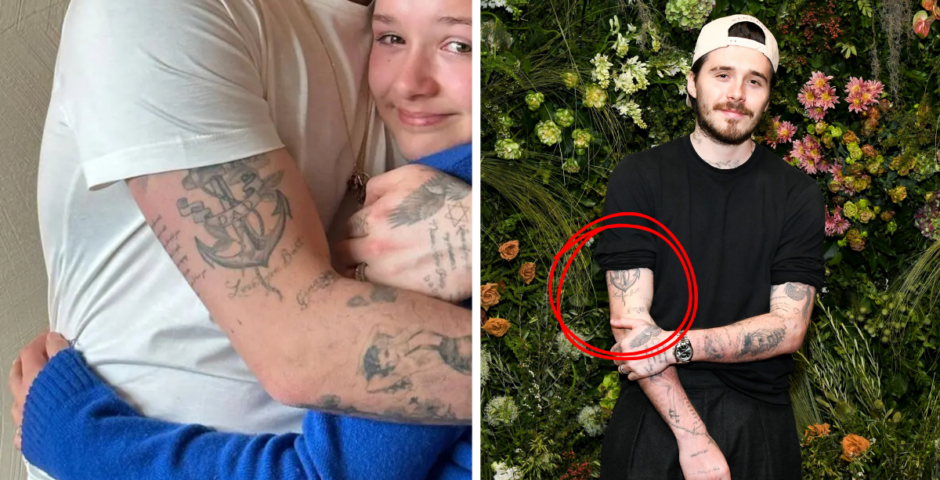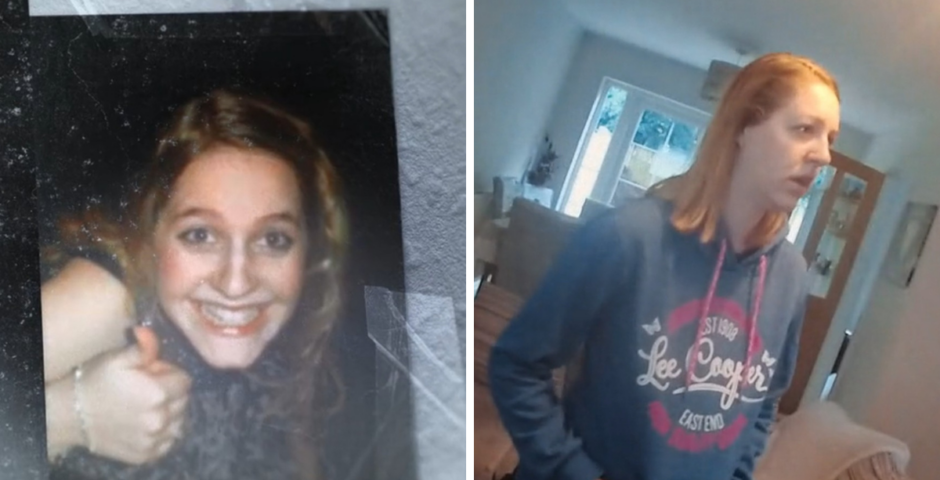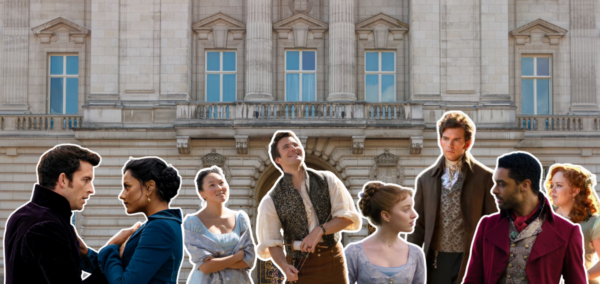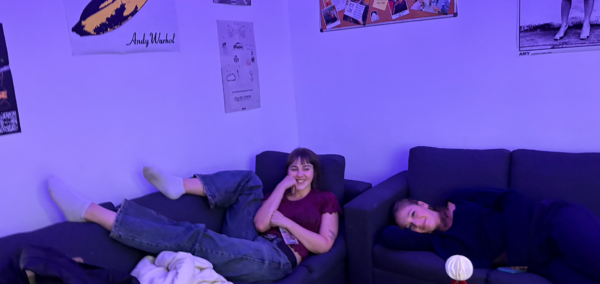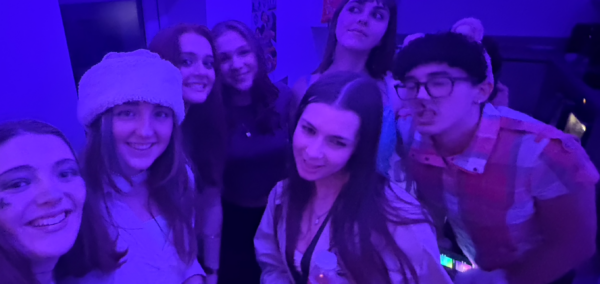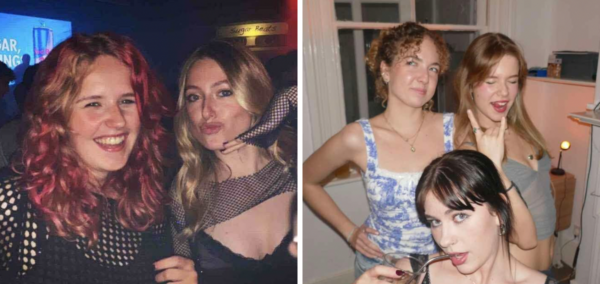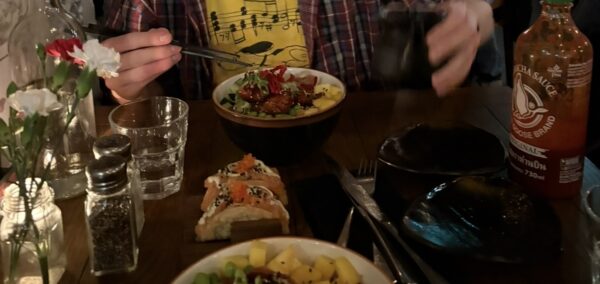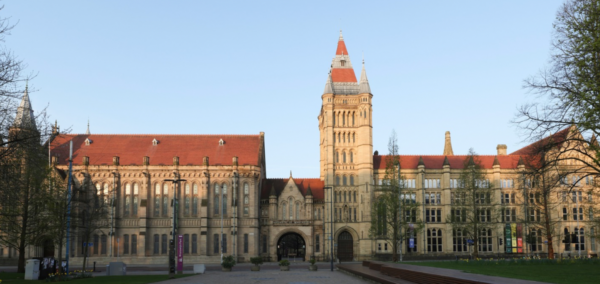
Calling all London students: Let’s talk about why you should be voting in the May elections
Is politics really worth your time? Let’s delve into why it really is.
The UK 2024 General Election had one of the lowest voter turnouts in history, averaging 60 per cent countrywide.
Many people say they feel disillusioned with politics, some even believing their vote won’t make a difference. However, young people are no longer staying silent in a society many believe has been ruined by older generations.
As many students become adults and look forward to the working world, they face issues such as wealth divides, unaffordable housing, and divisive social policies that they feel strongly about.
Although it’s clear that whilst they may feel strongly about specific political topics, many think that they can’t do anything to enact change.
And, with local elections looming, London students are wondering what they can do to make a change. So, this is why you should be voting.
Politics is accessible to some; it should be accessible to everyone.
In my first term at Royal Holloway, I had to answer the question: “What is politics?”, and it made me think, what actually is politics? I concluded that “politics” can be defined in three simple words: Difference of opinion.
Politics is not just about elections and politicians; it is about how we, as a society, manage our disagreements and make decisions that affect us all. Suddenly, politics does not seem like this big, scary thing anymore; it relates to every human being on this planet, as everyone has opinions.
Despite this, it looks like the entry barriers keep increasing, with voters expected to have a valid voter ID, which means that many people, mainly the lower class, are excluded from voting.
Politics is also seen as unaccessible as a profession. It’s immediately seen as a space for people from a privately-educated background who just know the right people.
Most Read
So, right now, it doesn’t really feel like a level playing field. It feels like many of us, students included, are without easy access to the polling station.
And, the only way to make politics involvement fairer is to have as much youth involvement as possible. People can be ignored, but votes cannot.
Your voice is silenced in a system that has set you up to fail. 
One of the most popular arguments I hear against the Votes at 16 campaign is that many people believe young people don’t know enough about politics. While I agree that reform in political education is needed on the basics of the British parliamentary process for school-age children, to care about an issue, you do not need a formal political education. You need enough interest to do a little digging yourself.
Most people leave school at 16 to 18 to study or work, sometimes away from home. These two ages are critical. For most young people, it is the first time the world gives them a real slap in the face. A young person’s most significant problems in school are getting good grades and getting into higher education. The average 16 to 18-year-old faces a whole new set of issues, ranging from juggling the cost-of-living crisis while working or studying to never being able to rent affordable housing or attempting to learn to drive. Society forces us to suddenly adapt to a new world, for which school unfortunately does not prepare us. These crossroads and learning curves are the most crucial time for us to have a voice in the political sphere, especially as Britain has such a significant financial and cultural divide among its citizens. We ultimately do not have a voice in the decisions that most affect our generation. Are you really okay with that?
Your vote is your voice. Without it, you could be handing power to the wrong people.
With the local and mayoral elections coming up on 1st May 2025, not everyone will have the opportunity to vote; for those of you who do, think about what you want to do with your voice.
This year, Royal Holloway saw a record number of students voting in the 2025 SU elections; why not take that power a little further and vote people into your council who will hold your local area accountable?
It’s been argued that no substantial social movement for change in history has come from the decisions of those in power. Change always comes from civilians like you. Why should a group of much older people decide our futures? Whenever politics does come up in the media, we see a middle-aged person talking. According to the House of Commons, since 1979, the average age of an MP has consistently remained around 50.
I spoke to Kat Osborne, PhD researcher of criminology and security studies at Royal Holloway, University of London, who commented on the importance of students’ votes in shaping the political climate.
“Combatting disillusionment is difficult when it can feel like no one is listening or those listening do not care. Many students feel lost in a political system that ignores them and doesn’t reflect their interests. However, real change starts with showing up; if we don’t try, there is no chance of success. Whilst it’s understandable to feel disillusioned, discarding our right to vote hands more power to those who don’t represent us,” she said.
Hearing this made me realise that voting isn’t just a civic duty but also a moral one.
How else can you be part of the change you want to see?

A recent London Young Greens social in Dalston, London
The political involvement of the youth is one of Britain’s best-kept secrets of our generation. Thousands of young people are already getting involved, with barely any media coverage. Whatever your interests are, there are campaigns for you to get involved in.
These campaigns do not exclusively operate online; they value in-person meetings and campaigning, especially from the voices of their youth. Campaigns and organisations such as Young Make Votes Matter and the #iwillmovement actively encourage youth engagement and value their opinions and ideas.
Some political parties even have youth divisions so people with similar views can get together in the same space to effect societal change. Notable examples include the Young Greens and their London division, the London Young Greens, who were instrumental in The Green Party achieving the recent landslide win of Ruairidh Paton, a newly elected councillor in St Anne’s, Haringey.
You also do not necessarily need a specific passion to get involved in politics; you need opinions. The act of voting, whether at a general or local election, means that you have already formed an opinion by the time you reach the polling station. Even if you spoil your ballot, you are essentially saying “my opinion is that all the choices suck,” which is in itself a valid opinion, one that could pave the way to making meaningful change.
The first step to a real democracy is knowing what you want and not letting anyone tell you what that is. Politics is the difference of opinion we all have. So, I hope to see you all at the polling station on 1st May, to get your voice heard and enact the change many of us want to see.



